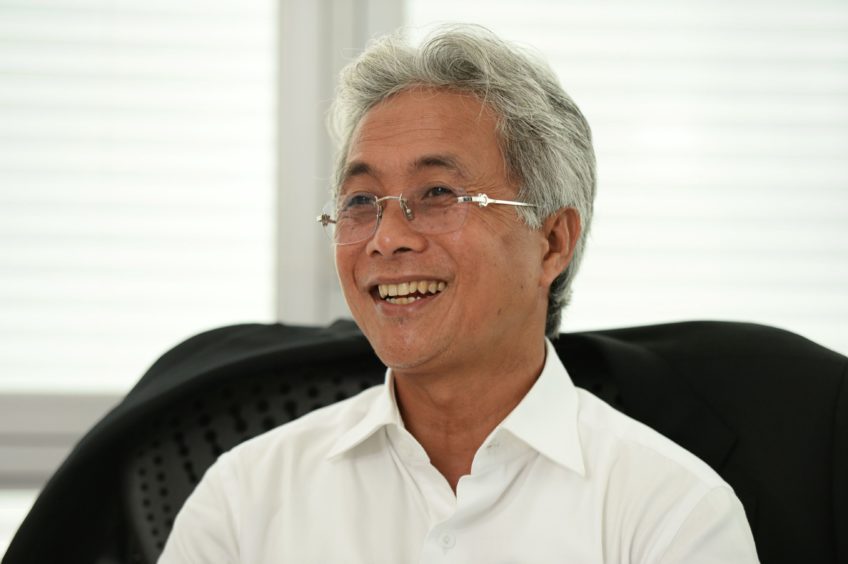
Indonesian upstream regulator SKK Migas has approved ExxonMobil’s plans to restart drilling at its giant Cepu Block in a bid to find new reserves and stem falling output at the country’s largest oil producing block.
SKK Migas chairman Dwi Soetjipto was quoted by Investor Daily as saying that the regulator and ExxonMobil have reached agreement on the proposed new drilling campaign at Cepu. “It is hoped that drilling will start next year, so there will be drilling of five infill wells and two exploration wells for clastic layer,” he said. SKK Migas expects an additional 42 million barrels of oil reserves to be confirmed by the five infill wells.
The regulator has been disappointed that production is falling faster than it expected at the block. This is alarming as Cepu, which holds the Banyu Urip project, one of Southeast Asia’s biggest oil developments, is Indonesia’s largest oil producing block.
So far this year, oil production at Cepu has averaged 208,936 barrels per day (b/d) or 95.4% of this year’s target of 219,000 b/d, according to SKK Migas.
The Cepu contract is onshore east Java, and contains the main Banyu Urip oil field, plus other sizeable oil and gas fields, including Jambaran-Tiung Biru, Kedung Keris, Alas Tua East, and Alas Tua West. The Banyu Urip development is one of the largest and most challenging oil field projects currently underway in South East Asia. A separate development effort is under way to develop sour gas reserves in the Jambaran – Tiung Biru field, according to Wood Mackenzie.
ExxonMobil holds 45% of the total participating interest in the Cepu Block, officially known as the Cepu Cooperation Contract (KKS). The Cepu KKS, operated by ExxonMobil will continue until 2035. There are rumours that ExxonMobil is seeking to divest its stake.
